Caring for your aging parents at home is not an easy task. When your parents reach an age where they are not able to do all those things that enable them to live independently anymore, you have a decision to make. For many of us, we are more comfortable, and our parents certainly are, with them staying at home for as long as possible. For them, they will be in a familiar environment, and you won’t feel the guilt that some children do when they put their parents in an assisted-living home.
It certainly may reach a point where they require so much specialized care that you have to put them in a home. That being said, it can be preferable for all parties involved to enable them to stay in their home for as long as possible. The following are some caregiving tips for you to do this without burning out or jeopardizing your own health in the process.
Figure out How Much They’ll Need to Rely on You
You’ll need to assess your mother or father’s condition in terms of their health, fragility, and any disabilities in order to accurately estimate how much help they’ll need on a daily and weekly basis. One way to do this is to start keeping a list of the things that they are asking you to do and those things that you see need to be done for them either for their personal care or around the house. Over time, this will give you a good outline of how much work is needed on your part to help them out, which is useful for step two.
Assess How Much Care You’re Able to Provide
Everyone’s circumstances are unique, and different people will have a varied number of free hours in a day or week away from work and other responsibilities that they can devote to helping an elderly parent. You need to figure out how much free time you have and match this with how much time they require from step one. If there’s a mismatch in terms of them requiring more hours of care than you can personally deliver, then it’s time to move onto step three.
Find Additional Caregiving Help
Don’t feel guilty about needing a hand when it comes to caring for an elderly parent. It’s a huge responsibility and can be quite stressful especially if you’re adamant about trying to take it all on yourself. Here are some ways to seek extra help: The most obvious (and free) place to seek extra caregiving help is other family members. If you have a fairly large family, this can be a godsend in times like this when an elderly parent needs more attention than you can personally devote to them. If there are senior day programs in your area, enroll your mother or father in them. You get a break for a bit, and they get to socialize with others their age. Find a volunteer senior companion program. Let others spend some time with your elderly parent. Consider hiring in-home help for caregiving. If you live in Southern New Jersey, Home to Stay Health Care is a non-medical home care company that can help your senior with personal care, household chores and Alzheimer’s care and can do so long term or when you need a caregiving break. They also have programs to keep your parent active and engaged.
- The most obvious (and free) place to seek extra caregiving help is other family members. If you have a fairly large family, this can be a godsend in times like this when an elderly parent needs more attention than you can personally devote to them.
- If there are senior day programs in your area, enroll your mother or father in them. You get a break for a bit, and they get to socialize with others their age.
- Find a volunteer senior companion program. Let others spend some time with your elderly parent. Keep your parent active and engaged
- Consider hiring in-home help for caregiving. If you live in Southern New Jersey, Home to Stay Health Care is a non-medical home care company that can help your senior with personal care, household chores and Alzheimer’s care and can do so long term or when you need a caregiving break. They also have programs to keep your parent active and engaged.
Let Others Know You Need Help
You may have family who can help, but you seem to be doing such a good job staying on top of things that they don’t realize you might need assistance. If you need help, don’t be afraid of reaching out and letting friends or family members know.
Keep Tabs on Finances
Caring for a parent can be expensive both in terms of direct costs and in terms of lost wages from time you might need to take off work to spend with them. Look into any programs that might save you money on medical bills, prescriptions or that may reimburse caregiving expenses.













